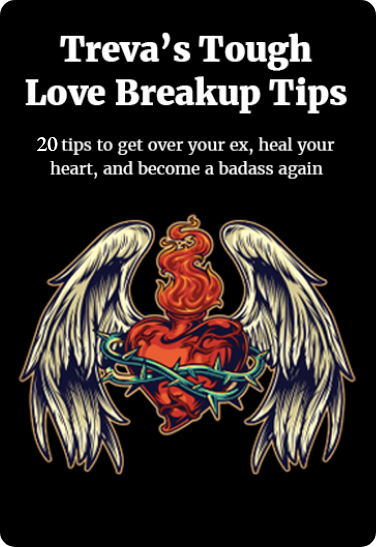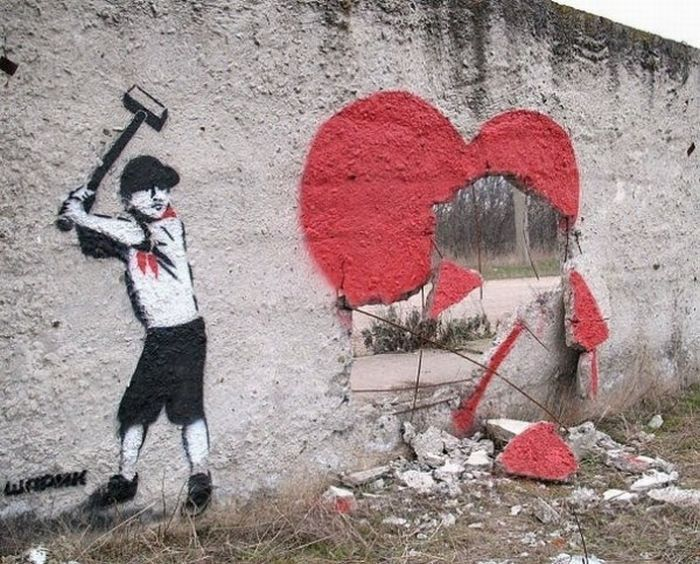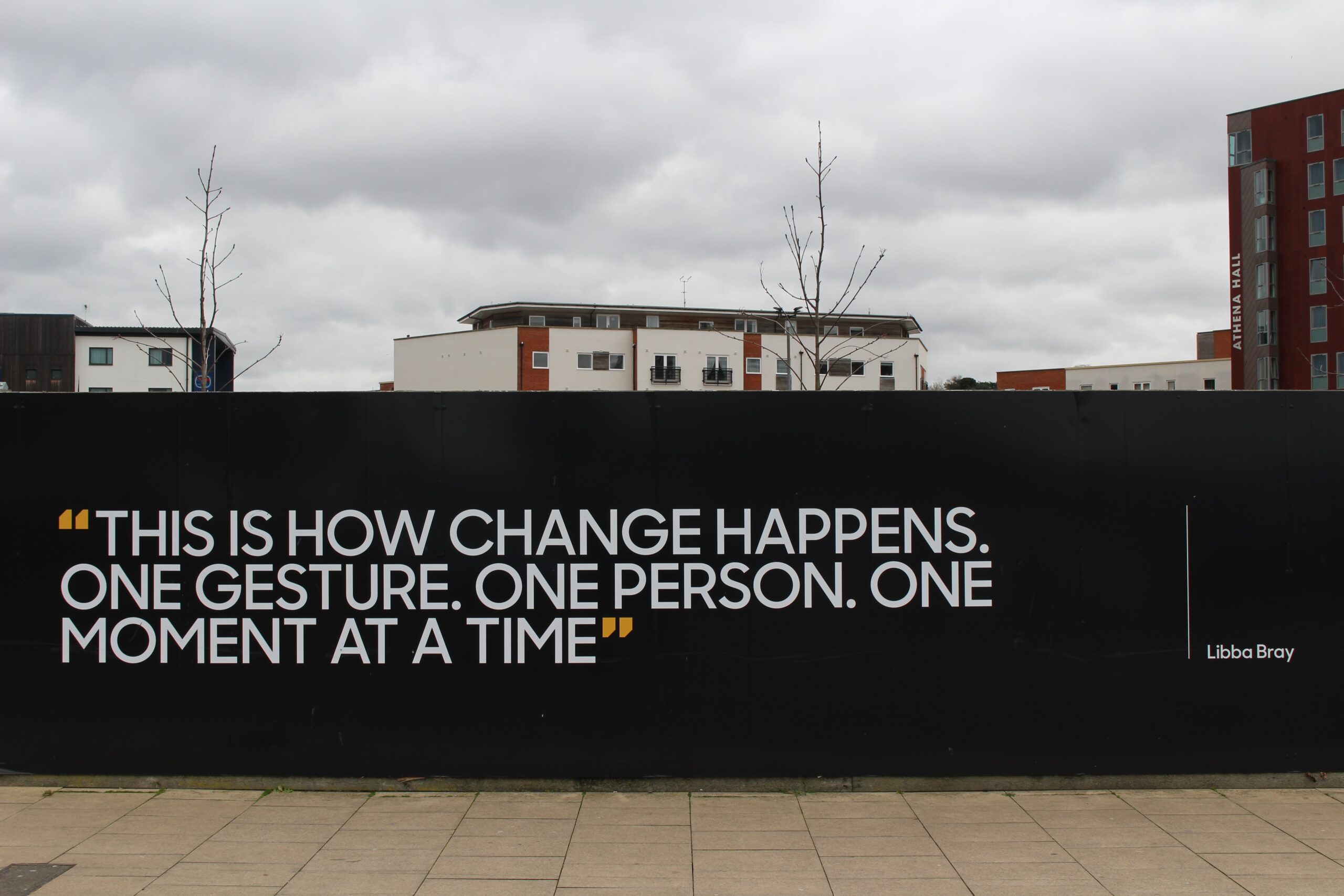“We had magic, it was immediate bliss. Being with him was a perfect world. We would connect on such a deep level, and he made me feel beautiful. It felt loving and honest. We could talk for hours about anything.
But after he’d go home, things would change. He’d call the next day, and be moody and distant. How could he not have felt what I felt?”
This is from a conversation I had recently with a friend about a guy she was dating, someone she thought was the man of her dreams. They fell hard for each other, and he professed true love, but she couldn’t understand his mixed signals.
After a few weeks of this emotional rollercoaster, she confronted him, and he finally admitted the problem: he had severe depression issues.
“You want consistency, and I don’t think I can give you that. I’m so unstable. My shrink told me I need to go back on my meds because of my history with mental illness. He thinks I might be bipolar.”
He ended his text by saying: “I shouldn’t be in a relationship, I need to fix myself. Sorry.”
The guy disappeared, and the magic vanished just like that.
As I was listening to her story, I felt a mix of emotions: sympathy, pity, and anger all at the same time. I felt so bad for the guy, and yet I couldn’t get over how he misrepresented himself. How could he have lead her on like that, selling her a bill of goods, when he knew the whole time he wasn’t capable of being a boyfriend?
At first, I thought it was an incredibly uncool and unfair thing to do because she felt burned, but then I stopped myself and asked: Is there ever a good time to tell someone you’re bipolar?
This lead to a bigger question for me about dating and honesty. How much and when should you disclose your personal issues? On the first date? In the third week? After a year?
Is it TMI, or truth in dating?
A similar story I read about a single mom and writer named Steph Montgomery, posed the same questions. In her, article “Why I Bring All My Baggage On The First Dates,”she describes entering the dating world after divorce, unsure of how much personal information to disclose:
“I’d been out of the game a while, sure, but I was pretty sure that divorce, trauma, mental illness, and existential crises still weren’t really first-date material.
On the other hand, hold on to a piece of information long enough and it starts to look uncomfortably like a secret, and I wasn’t ashamed of the tougher parts of my past. I was just in uncharted territory. How soon do you share? How much is too much? I had no idea.”
Drop the bomb sooner or later?
So here’s where I stand on dating disclosure. If you can’t be fully honest with your issues/problems/circumstances, and if you can’t be fully present or available because of them, then you shouldn’t be dating.
Another thing. Don’t wait until someone starts developing feelings for you, or after you start having sex, or get in their heart and head to disclose information you think might be a deal breaker. By then, you’re in too deep, and it’ll feel like a sucker punch.
I’m not saying unload all your baggage upon meeting; I’m not saying dump all your dark secrets at hello, but telling someone you’ve got a crazy stalker ex-husband, or you’re just out of jail, or you’re in a deep financial straits, is not first date material. Neither is over-sharing the benign, but boring minutia of your life–that’s TMI.
So, should you let it rip, or keep it zipped?
Only you can make that call.
Pacing is everything. When the moment feels right, when trust is established, speak your truth. Then own your truth, without shame, guilt, or fear. Yes, it can be a risk; yes, it might not be received well; but that’s not your problem. Your only job is to be as forthcoming and transparent as you can, with as much courage and dignity, as you can muster.
And who knows? By laying it all on the table, you just might find someone ready to return the favor of sharing their truth with you, too.
A few weeks after my friend’s relationship ended, she told me she saw the guy back on Tinder, which upset her even more. She didn’t message him, but if she did, this is what she would’ve said:
“Had you just given me a heads up, or forewarning, I’d be understanding. Had you said something like, ‘I suffer from severe depression and it’s not you. I adore you, but I can’t handle my shit,’ I’d get it. You gotta warn people so they don’t take it personally. It’s not cool to play with people’s heads.”
Then she added bluntly: “Fess up if you’re mental.”






